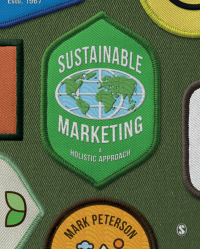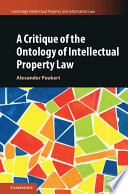Buy Sustainable Marketing: A Holistic Approach 1st Edition PDF ebook by author Mark Peterson – published by Sage Publications Ltd (UK) in 2021 and save up to 80% compared to the print version of this textbook. With PDF version of this textbook, not only save you money, you can also highlight, add text, underline add post-it notes, bookmarks to pages, instantly search for the major terms or chapter titles, etc.
You can search our site for other versions of the Sustainable Marketing: A Holistic Approach 1st Edition PDF ebook. You can also search for others PDF ebooks from publisher Sage Publications Ltd (UK), as well as from your favorite authors. We have thousands of online textbooks and course materials (mostly in PDF) that you can download immediately after purchase.
Note: e-textBooks do not come with access codes, CDs/DVDs, workbooks, and other supplemental items.
eBook Details:
Full title: Sustainable Marketing: A Holistic Approach 1st Edition
Edition: 1st
Copyright year: 2021
Publisher: Sage Publications Ltd (UK)
Author: Mark Peterson
ISBN: 9781526494634, 9783030616410
Format: PDF
Description of Sustainable Marketing: A Holistic Approach 1st Edition:
The second volume of this research monograph describes a number of applications of Artificial Intelligence in the field of Customer Relationship Management with the focus of solving customer problems. We design a system that tries to understand the customer complaint, his mood, and what can be done to resolve an issue with the product or service. To solve a customer problem efficiently, we maintain a dialogue with the customer so that the problem can be clarified and multiple ways to fix it can be sought. We introduce dialogue management based on discourse analysis: a systematic linguistic way to handle the thought process of the author of the content to be delivered. We analyze user sentiments and personal traits to tailor dialogue management to individual customers. We also design a number of dialogue scenarios for CRM with replies following certain patterns and propose virtual and social dialogues for various modalities of communication with a customer. After we learn to detect fake content, deception and hypocrisy, we examine the domain of customer complaints. We simulate mental states, attitudes and emotions of a complainant and try to predict his behavior. Having suggested graph-based formal representations of complaint scenarios, we machine-learn them to identify the best action the customer support organization can chose to retain the complainant as a customer.





